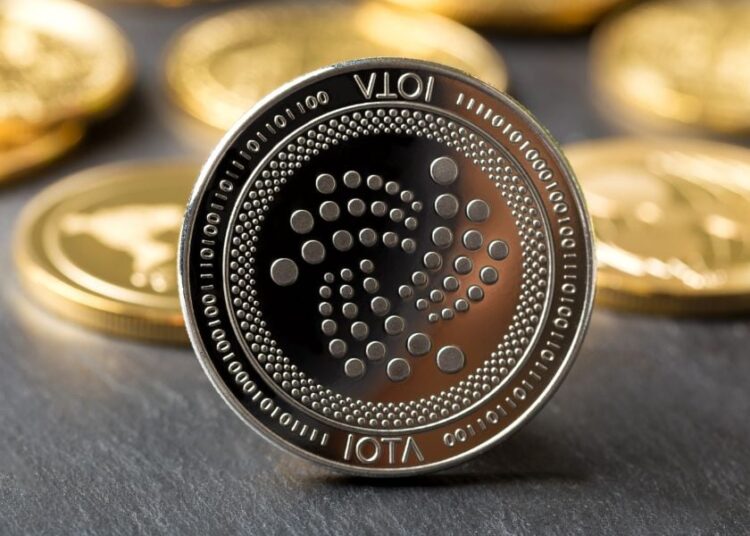- Non-fungible tokens (NFTs) are finding their way into the betting industry, addressing trust and transparency issues.
- IOTA’s unique architecture overcomes limitations in blockchain-based betting platforms, offering scalability and the ability to execute fee-free smart contracts.
Non-fungible tokens (NFTs) have made major inroads in the market offering a very wide range of utility across different industry sectors. One such industry where NFTs are gaining prominence is the betting industry. One of the major lacunas for the betting industry is a lack of trust and transparency. Using blockchain-based NFTs can help in filling these gaps.
A new patent talks about betting with NFTs while using IOTA’s Tangletech. The innovation pertains to a computerized system designed to utilize supplied data records related to betting for secure manipulation and privacy-preserving facilitation of bets among both known and unknown users. This is achieved through the utilization of a distributed, decentralized database.

Betting systems aka betting platforms operate on the premise that a betting provider offers various bets and outlines their details. Drawbacks of this betting approach include the charges imposed by the betting agent and the inflexible betting conditions mandated by the betting provider.
Decentralized betting platforms address these issues but give rise to additional challenges due to the inherent blockchain architecture. The Ethereum blockchain’s current capacity is limited to approximately 15 transactions per second, severely constraining its scalability. Consequently, activities such as live betting that demand swift participation become impractical. Furthermore, the blockchain’s transaction fees hinder the viable resolution of bets with stakes lower than the fees themselves, as such fees would outweigh potential betting gains.
The present invention seeks to overcome these aforementioned challenges by establishing a decentralized betting platform that ensures scalability and allows users to freely determine fees for executing essential Smart Contracts (SC).
Using the IOTA Tangle Tech for Betting With NFTs
IOTA’s architecture comprises two tiers: the base layer (L1) is the Tangle, a toll-free data structure formed by connections between transactions across nodes. Unlike traditional blockchains with one-directional growth, the Tangle allows growth in any direction, enhancing transaction throughput. Each new transaction verifies up to seven “parent” transactions it’s attached to.
Multiple nodes with consensus will later verify smart contracts like transactions. IOTA’s architecture also adds a second layer (L2) to address challenges in managing smart contracts on the Tangle. L2 features unidirectional blockchains ensuring a global objective state. Smart contracts execute on Wasp Nodes, forming committees to find consensus, and L2 blockchain status is synchronized with an L1 account.
IOTA’s multi-asset ledger extends the Tangle into various tokens or assets within L1, including custom currencies and NFTs. This is distinct from single-currency blockchain counterparts. NFTs are a unique output type, providing owners full control over trade and deletion. The NFT assets will consist of the following parts.
- A regular IOTA address gives the NFT a globally unique identifier and allows depositing additional funds into the NFT as well.
- The immutable attached metadata describes the asset.
- A verification of the issuer who created the NFT. These NFTs can thus be transferred or traded with regular transactions and form a betting slip.
The IOTA architecture, designed as a DAG with parallel layers, effectively addresses the scalability and fee structure challenges. This innovation also offers a scalable system with the added advantage of fee-free smart contracts.
Crypto News Flash does not endorse and is not responsible for or liable for any content, accuracy, quality, advertising, products, or other materials on this page. Readers should do their own research before taking any actions related to cryptocurrencies. Crypto News Flash is not responsible, directly or indirectly, for any damage or loss caused or alleged to be caused by or in connection with the use of or reliance on any content, goods, or services mentioned.
Credit: Source link












































